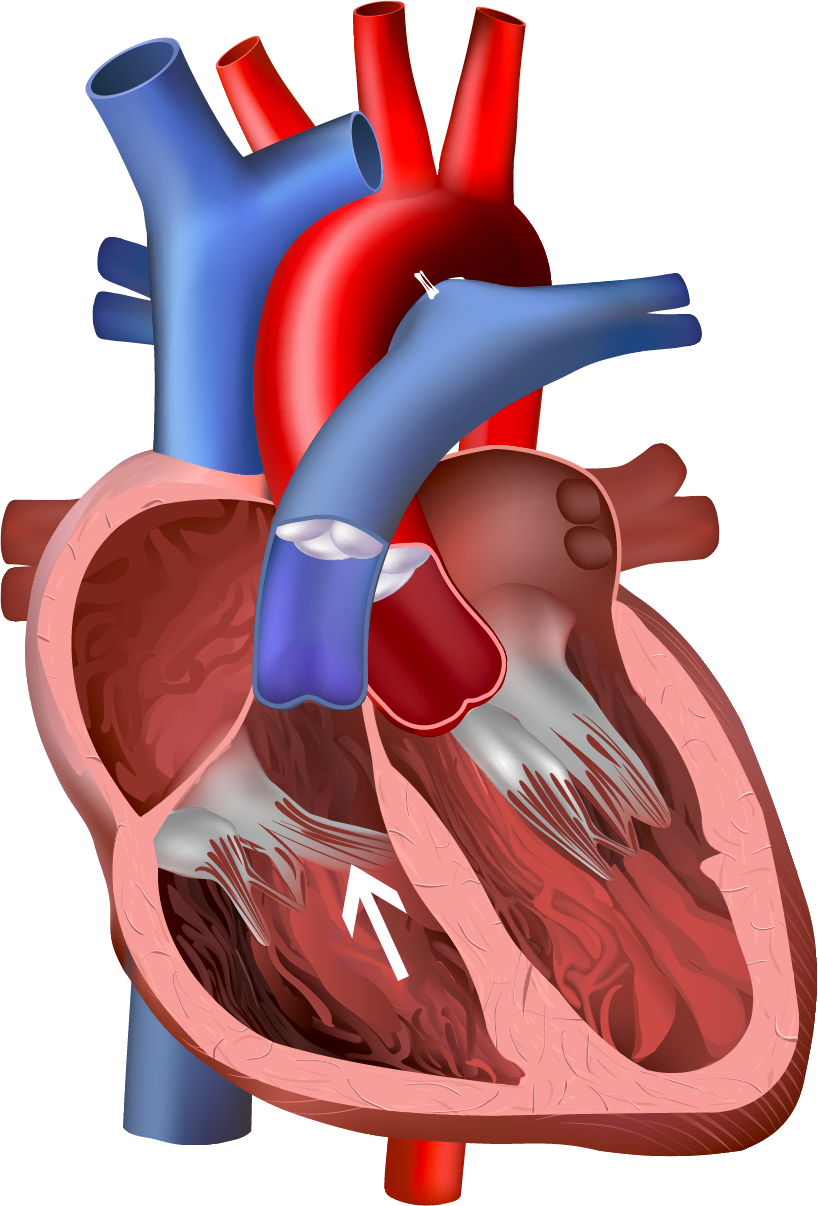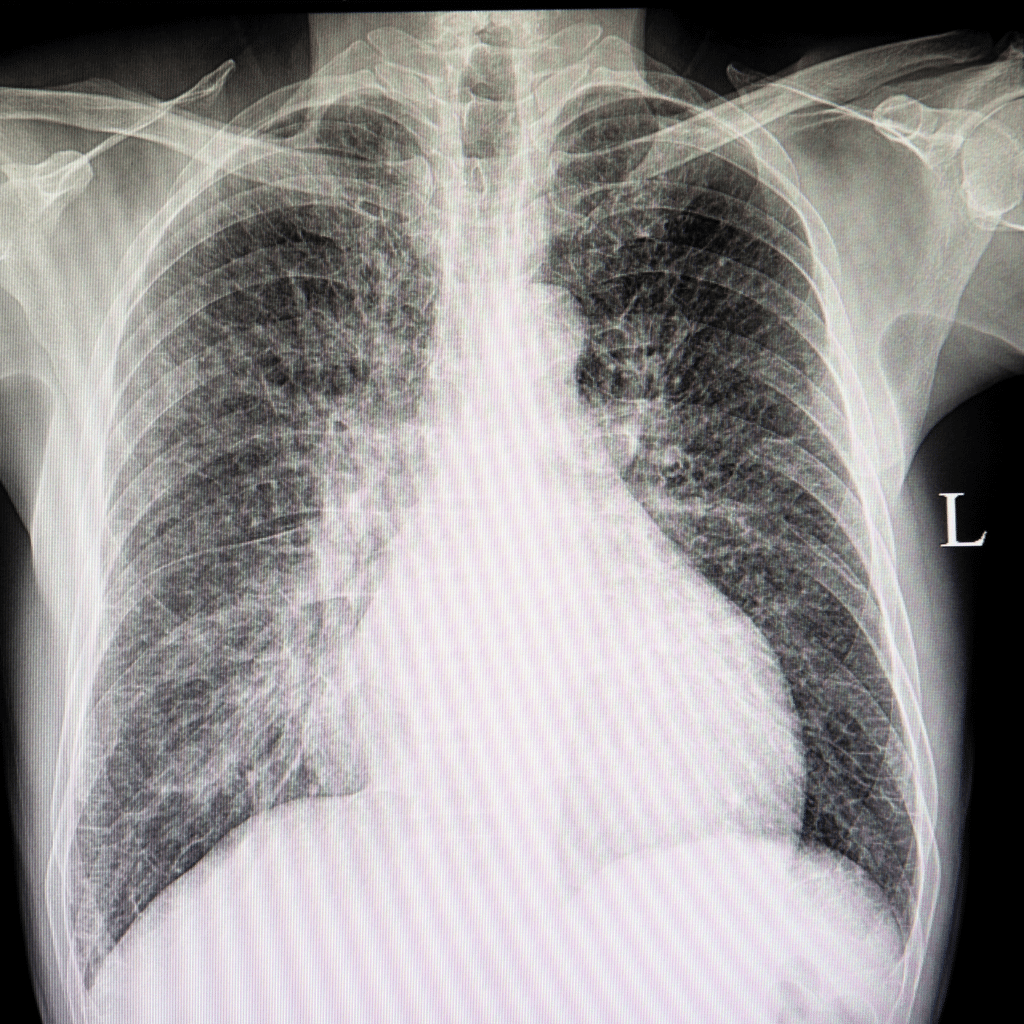FREE HEART FAILURE NCLEX® PRACTICE QUESTIONS
NCLEX Questions On Congestive Heart Failure (CHF) and the Cardiovascular System as a whole, Can Be Very Challenging To Answer . . .
...because they include elements like
√ Heart Diagrams
√ Left-sided Heart Failure
√ Right-sided Heart Failure
√ Chest Pain
√ Pulmonary Edema
√ Cardiac Anatomy
√ Stages of Heart Failure
√ Heart Function
√ Symptoms of Heart Failure
√ Myocardial Infarction (MI)
√ and more...

5 Tips For Answering Angina (Cardiac) NCLEX Questions
- Understand the NCLEX Question Format: When you encounter NCLEX Practice Questions, carefully read the question stem and identify the keywords. For heart failure questions, look for terms like "heart failure," "patient with heart failure," or "symptoms of heart failure." Understanding the question's context is crucial to providing the correct answer.
- Assess the Patient's Condition: Start by assessing the patient's condition mentioned in the question. Is the patient in acute heart failure, chronic heart failure, or experiencing exacerbation? Consider their symptoms, vital signs, and any relevant laboratory values. This step helps you gather essential information before selecting an answer.
- Consider the Priority: On the NCLEX, you'll often encounter questions that require you to prioritize care. For heart failure patients, prioritize interventions that address their immediate needs, such as oxygen therapy, monitoring vital signs, or administering prescribed medications like diuretics or ACE inhibitors. Always think about what will ensure the patient's safety and well-being.
- Eliminate Incorrect Options: NCLEX questions typically include multiple-choice answers. To increase your chances of selecting the correct answer, systematically eliminate options that don't align with the patient's condition or needs. This process of elimination can help you narrow down your choices and make a more informed decision.
- Rationale-Based Decision-Making: After selecting an answer, review the rationale for your choice. Ask yourself why you chose that particular option. If you're unsure, go back to the patient's condition and consider the pathophysiology of heart failure. Understanding the "why" behind your answer can reinforce your knowledge and help you retain it for future practice.
For instance, let's practice these tips with a sample NCLEX question:
NCLEX Practice Question: A patient with chronic heart failure presents with worsening dyspnea, crackles in the lungs, and peripheral edema. Which intervention should the nurse prioritize? A. Administer a pain medication. B. Provide emotional support. C. Administer a loop diuretic. D. Offer a high-sodium diet.
Rationale: The keywords in this question are "chronic heart failure" and the patient's symptoms of dyspnea, crackles, and peripheral edema. This suggests fluid retention, a common issue in heart failure. To prioritize care, think about addressing the patient's immediate needs. Option C, administering a loop diuretic, is the most appropriate choice because it helps reduce fluid overload, thereby relieving symptoms and preventing further complications. Pain management (Option A) and emotional support (Option B) are important but secondary concerns in this situation. A high-sodium diet (Option D) would worsen fluid retention and should be avoided.
***Remember, practicing NCLEX questions regularly and applying these strategies will enhance your ability to answer heart failure-related questions confidently and correctly. Good luck with your studies and your future nursing career!
Let's dive deeper into strategies for answering NCLEX questions specific to Heart Failure:
- Grasp the Heart Failure Fundamentals: Before tackling heart failure questions, ensure you have a solid understanding of the condition. Know the key aspects: the pathophysiology (how the heart fails), signs and symptoms (like dyspnea, edema, and crackles), and common treatments (diuretics, ACE inhibitors, etc.). This foundational knowledge is vital for interpreting heart failure-related questions.
- Identify Heart Failure Keywords: When presented with NCLEX Practice Questions related to heart failure, watch for specific keywords like "left ventricular failure," "fluid overload," "BNP levels," "pulmonary congestion," or "ejection fraction." Recognizing these terms will help you focus on the heart failure aspect of the question.
- Assess Hemodynamic Changes: Understand the hemodynamic changes associated with heart failure. For example, in left-sided heart failure, blood backs up into the lungs, causing pulmonary congestion. In right-sided heart failure, blood accumulates in the systemic circulation, leading to peripheral edema and hepatomegaly. Analyze the patient's symptoms to determine which type of heart failure is most likely occurring.
- Prioritize Nursing Interventions: Heart failure often requires urgent nursing interventions. Prioritize actions based on the patient's condition. For example, if a question mentions severe dyspnea and oxygen saturation below 90%, providing oxygen supplementation should be your top priority. Other crucial interventions include administering prescribed medications, such as diuretics or vasodilators, and closely monitoring vital signs.
- Consider Comorbidities and Medications: Keep in mind that heart failure patients often have comorbid conditions like hypertension or diabetes. Additionally, they may be on multiple medications. Consider potential drug interactions and adjust your care plan accordingly. Be cautious about administering medications that may exacerbate heart failure symptoms, such as nonsteroidal anti-inflammatory drugs (NSAIDs).

As you get deeper into your nursing education, you'll find that mastering heart failure NCLEX questions can be a truly rewarding experience. It may sound surprising, but hear us out – the human heart, with its intricate workings and the critical role it plays in our overall health, is nothing short of fascinating. As you become more comfortable with addressing heart failure in your studies, you might even discover a newfound appreciation for the complexities of cardiac health.
Picture this: You're faced with a heart failure NCLEX question, and instead of apprehension, you feel a sense of excitement. Why? Because you know that every question on this topic is an opportunity to dive into the incredible world of cardiology. The heart is not just a muscle pumping blood; it's an awe-inspiring machine responsible for sustaining life, with its rhythms and functions tightly regulated to maintain equilibrium within the body.
Understanding the intricacies of the heart and how it functions within the human body is like holding the key to a treasure chest of knowledge that will guide you throughout your nursing career. It's like having a compass that points you in the right direction when you encounter patients with various cardiac conditions, because the heart isn't just limited to heart failure. It's involved in so many disease processes, from hypertension to myocardial infarctions, and even in conditions beyond the cardiovascular system, like kidney failure, where the heart's function becomes intertwined with patient care.
As nursing students, your journey through heart failure NCLEX questions isn't just about passing a test; it's about gaining a profound understanding of a vital organ, one that has a hand in countless aspects of patient health. It's about becoming a healthcare professional who can confidently navigate the intricacies of cardiac care, providing your patients with the best possible outcomes. So, as you continue to explore the captivating world of nursing, remember that each heart failure question is an opportunity to expand your knowledge, improve your skills, and ultimately become a more effective and compassionate nurse. Happy Nursing!